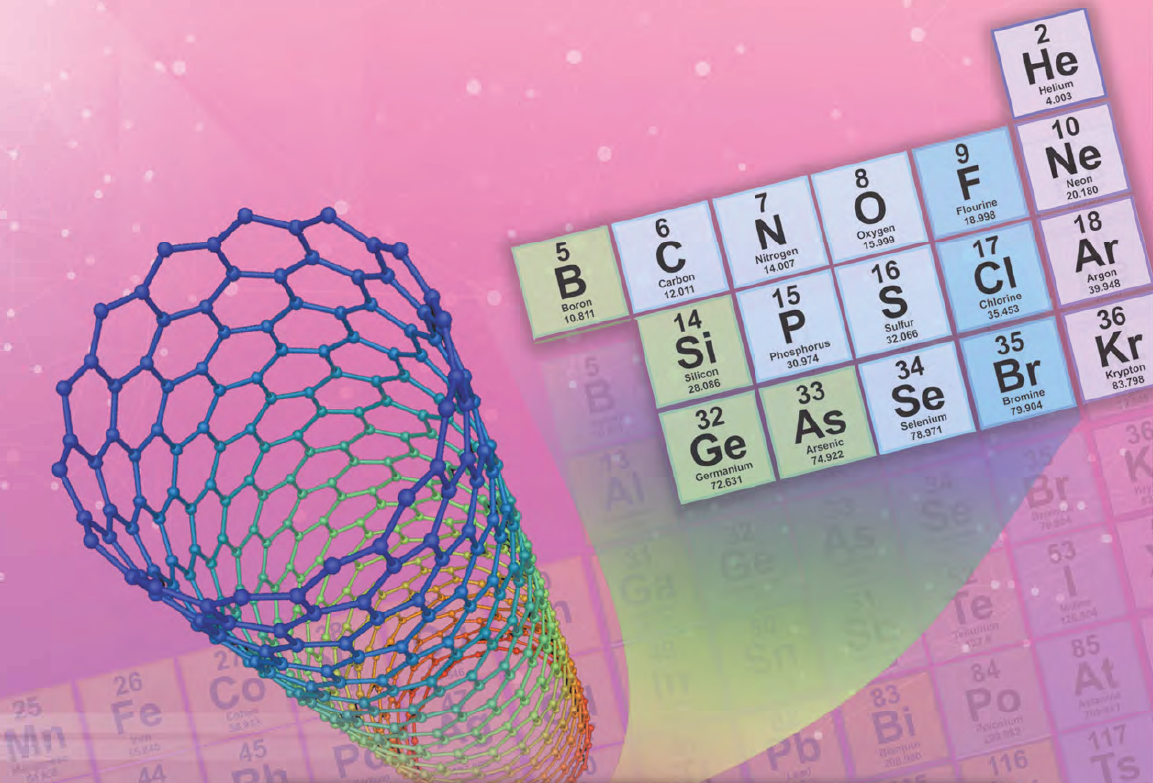
Course Overview
The present course provides a structured and hands-on approach to learning Python, with a focus on applying programming skills to solve real-world problems, particularly in data handling.
Course Structure
The specialization consists of two courses:
Programming for Everybody (Getting Started with Python)
- Topics: Basic concepts of programming, installing Python, basic syntax, variables, expressions, conditional statements, and loops.
- Goal: Helps absolute beginners get comfortable with basic programming and Python syntax.
Python Data Structures
- Topics: Lists, dictionaries, tuples, and the concept of mutability and immutability.
- Goal: Covers essential data structures in Python and introduces the basics of data management.
- المعلم: Abdelmalek ATIA

يتناول المقياس ست محاور نعرضها فيما يلي:
- 1 مفهوم آداب وأخلاقيات المهنة ومكانتها.
- 2 مصادر أخلاقيات المهنة.
- 3 الحرم الجامعي
- 4 القيم الجامعية ) الحقوق والواجبات(
- 5 العلاقات الجامعية بين الطالب ومختلف إطاراتها
- 6 الأداء الأخلاقي في الحرم الجامعي
في نهاية المقياس يكون الطالب قادرا على:
تعريف الآداب والأخلاقيات المهنية.
اكتساب مهارة الممارسة الأخلاقية في الحرم الجامعي وميدان العمل.
تنمية شعور الطالب بالمسؤولية الأخلاقية من خلال فهم حقوقه وواجباته أثناء
مرحلة الدراسة وكذا عند تأدية واجبه المهني.
القدرة على تمييز مظاهر الفساد الأخلاقي في ميدان العمل.
- المعلم: bekkar dhaouia

Course Summary: Chemistry 1 (Elements of Chemistry)
Semester: 1
Teaching Unit: UEF 1.2
Credit Hours: 90 hours total (Lecture: 1.5 hours/week, Tutorials: 3 hours/week, Practical Labs: 1.5 hours/week)
Credits: 7
Coefficient: 4
Course Objectives:
This course introduces students to the fundamental principles of chemistry, providing a strong foundation in the subject. Topics covered include atomic theory, chemical elements, the periodic table, and energy quantization. The course equips students with problem-solving skills in general chemistry, enabling them to analyze chemical reactions both qualitatively and quantitatively.
Prerequisites:
Basic knowledge of mathematics and physics is recommended.
Course Content:
Chapter 1: Fundamental Concepts (Weeks 1-3)
Overview of matter, states of matter, atomic and molecular structures, Avogadro’s number, and the law of mass conservation.Chapter 2: Atomic Structure (Weeks 4-6)
Exploration of atomic structure, including the discovery of the electron (J.J. Thomson's experiment), the nucleus (Rutherford's experiment), atomic mass, and element identification.Chapter 3: Radioactivity (Weeks 7-9)
Natural and artificial radioactivity, nuclear reactions, radioactive decay, and half-life.Chapter 4: Electronic Structure of the Atom (Weeks 10-13)
Atomic emission spectra, electromagnetic radiation, photon theory, Bohr’s model, and electron energy levels.Chapter 5: Periodic Table Classification (Weeks 13-14)
Mendeleev's periodic table, element families, and the periodic trends of properties.
Practical Labs:
Topics include laboratory safety, states of matter, molecular mass determination, error calculation, ionic radius determination, qualitative ion analysis, and crystallization techniques. Practical sessions provide hands-on experience with chemical analysis and reinforce theoretical concepts.
Evaluation:
The assessment includes quizzes, homework assignments, and a final exam.
Recommended Textbooks and References:
- Ouahes & Devallez, Chimie Générale, OPU
- S.S. Zumdhal et al., Chimie Générale, De Boeck Université
- Y. Jean, Structure électronique des molécules, Dunod
- F. Vassaux, La chimie en IUT et BTS
- A. Casalot & A. Durupthy, Chimie inorganique, Hachette
- P. Arnaud, Cours de Chimie Physique, Dunod
- M. Guymont, Structure de la matière, Belin
- G. Devore, Chimie générale, Vuibert
- M. Karapetiantz, Constitution de la matière, Mir
This course lays the groundwork for further studies in chemistry and related scientific disciplines. It is essential for students aiming to develop a comprehensive understanding of matter and atomic structure.
- المعلم: Mohammed Fouad Ferhat

